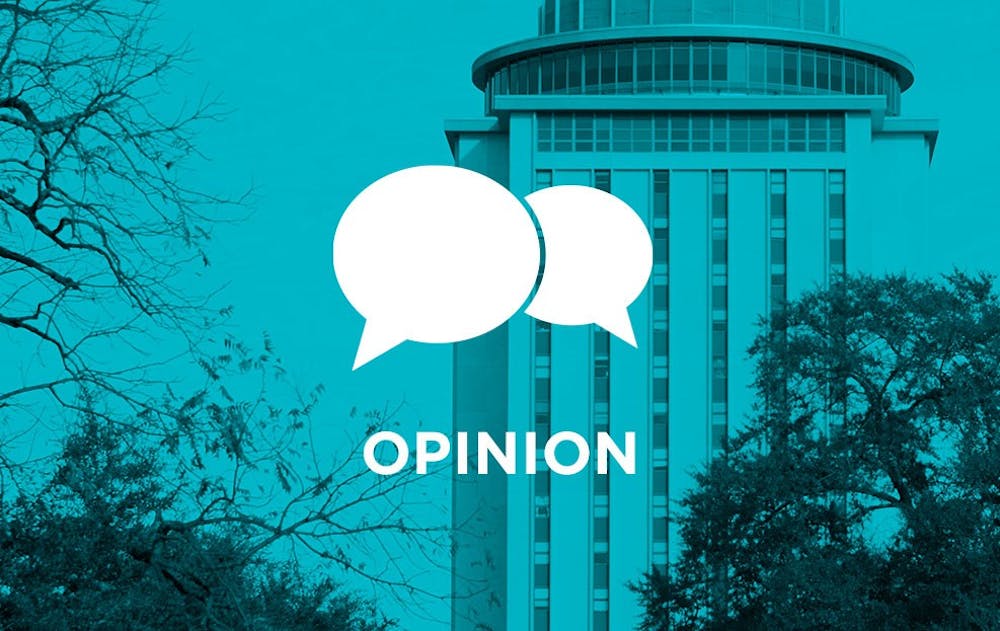The internet is an incredible tool for sharing information with people globally. The drawback is it allows misinformation to spread and is a breeding ground for conspiracy theories.
Conspiracy theories, as I will refer to them, are false beliefs held by a minority of people that are supported by untrue evidence and believed by a specific community, especially one online.
With college students populating many platforms of social media and having access to higher education, we often write off conspiracy theorists as unimportant, thinking that because these beliefs are clearly false, they don’t deserve our attention.
The problem with the infectious nature of conspiracy theories is not always with the theory itself, but with how the public treats the community that accepts the theories. According to an article by Karen Douglas, a professor of psychology at the University of Kent, people that feel victimized or have damaged reputations are more likely to accept conspiracy theories as true.
These individuals will use conspiracy theories as a coping mechanism that helps them feel part of a community.
As humans, especially as college students, we should recognize how much people desire to have a community. Believing a conspiracy theory opens up a whole online community of people that are tied together by “secret knowledge” which gives those in the community the feeling of belonging that they don't have in the general public.
Conspiracy theories also feed on fear. According to BBC writer Melissa Hogenboom, “conspiracy theories help people make sense of the world when they feel out of control, are anxious or feel powerless if their needs are threatened.”
In the aftermath of 9/11, people were afraid and vulnerable to believing conspiracy theories. In the Center for Inquiry video “Debunking 9/11 Conspiracy Theories,” Mick West describes that many conspiracy theorists believe tiny solidified drops of metal called microspheres in the dust after the fall of the World Trade Center are proof that an explosive was used to destroy the towers rather than crashed planes.
In times of fear, people look to simple answers, regardless of evidence, to explain why tragedies occur. In this theory, people allowed the community to draw them in, even though others were able to prove that the microspheres could be caused by various other means. They wanted an easily accessible way to explain the tragedy.
Understanding this desire for a community, the way to combat online conspiracy theories is to offer an alternative. You should show these people that you are willing to listen to their concerns and garner trust. Once you show that you aren’t going to attack them for their beliefs, then you have a platform to share your ideas.
Since conspiracy theories are also based on fear, you need to share unbiased and verifiable facts to support your ideas and meet theorists on their level. Having a heated argument explaining why you’re right and they’re wrong isn’t enough.
One of the biggest things is knowing when to pick your battles. Some staunch conspiracy theorists aren’t going to be swayed, especially if they are angry. However, there are some people on the fence that can be swayed by a well-reasoned argument from someone who has proved they can be trusted.
As West puts it, “figuring out what was going on is not really the same as debunking a claim effectively. The debunk needs to get through to people.”

